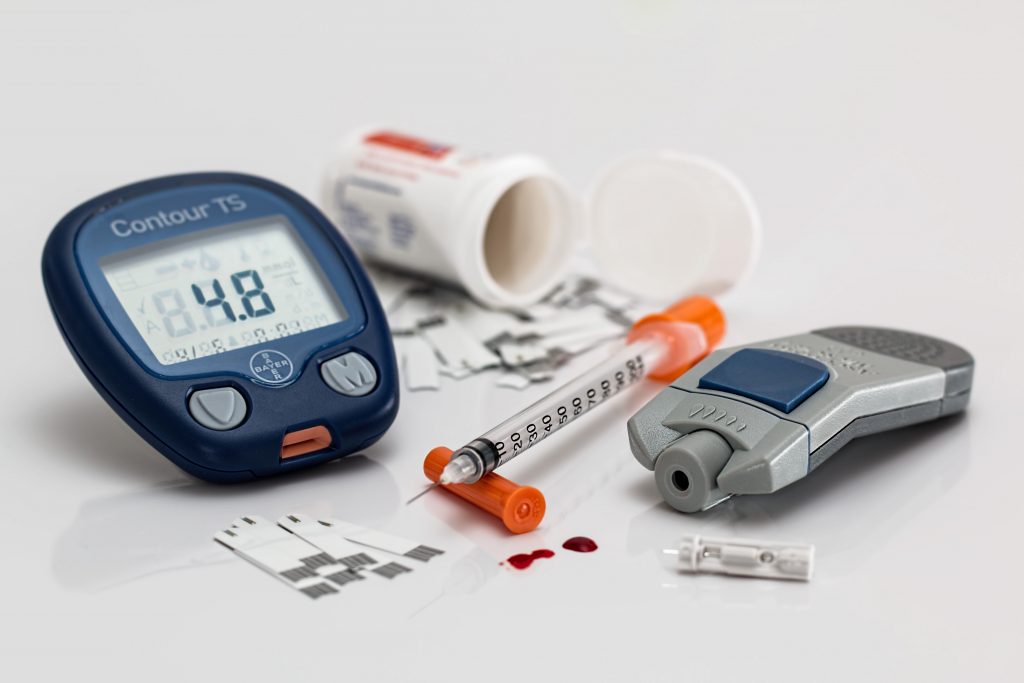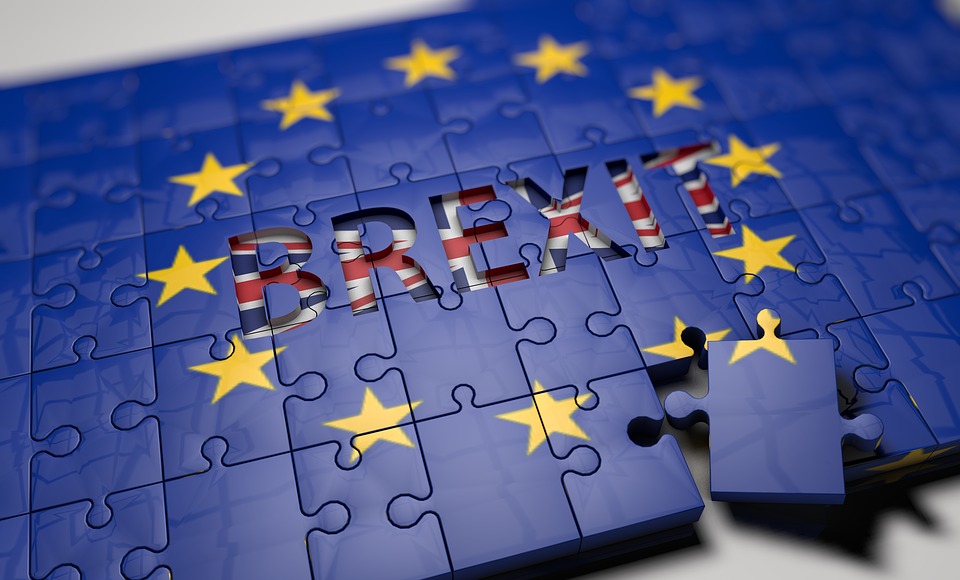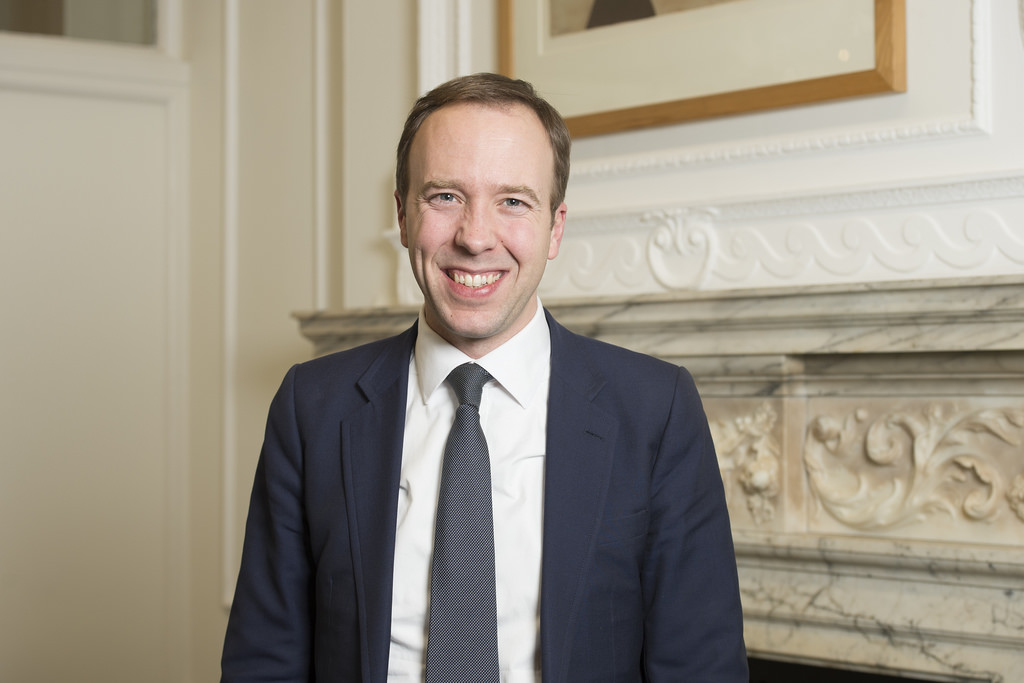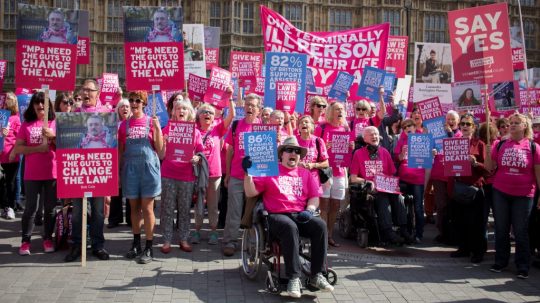A no-deal Brexit could threaten the lives of diabetes patients, leading charities have warned as fears mount that supplies of insulin and other medical drugs could dry up.
Diabetes UK and research body JDRF have written to the government calling for “concrete detail” about plans to stock extra insulin and other contingency plans if Theresa May, the prime minister, fails to seal a deal with the European Union.
In an intervention that raises concern about how Brexit will impact the right to healthcare, they warn that the “incredibly dangerous” scenario of the thousands living with type 1 diabetes nationwide lacking vital insulin after March 29 cannot currently be ruled out.
Parliament rejected May’s withdrawal settlement in January, meaning that time is running out on her efforts to bring a new deal to MPs and have it passed into legislation with 45 days left until the UK must leave.
Today, ministers voted down the government’s motion on the UK’s withdrawal from the EU and the negotiations with Brussels, which notes that discussions between the UK and EU on the Northern Ireland backstop are ongoing, and was seen as a vote on the prime minister’s approach to Brexit.
Conservative backbencher Anna Soubry withdrew her amendment to the motion, which called for official papers on the impact of a no-deal Brexit to be published.
Government has agreed to meet to identify and then publish the relevant papers detailing the devastating effect a #NoDeal #Brexit will have on business’s and trade. No need to push my amendment to a vote & if Govt does none of the above I’ll be back on Feb 27 …
— Anna Soubry MP (@Anna_Soubry) February 14, 2019
‘Concrete Detail’ Needed

In a joint statement, Chris Askew and Karen Addington, the respective chief executives of diabetes UK and JDRF, said: “With just a matter of weeks between now and 29 March and despite reaching out directly to the DHSC in December, we still have not seen the concrete detail needed to reassure us – or people with diabetes – that the UK government’s plans are robust enough to guarantee no impact on insulin and medicine supplies in the event of a no-deal Brexit.
“We are increasingly hearing from worried people who do not feel reassured by existing published guidance on this issue. With the information available to date, we feel unable to fully alleviate their concerns.
“We want to reassure people but – based on the information currently available – we cannot say with confidence that people will be able to get the insulin and other medical supplies they need in the event of a no-deal Brexit.
“Insulin is a life-saving necessity for hundreds of thousands of people with diabetes, and any delay or interruption to access would be incredibly dangerous. The UK government must – with all urgency – produce the detail needed to reassure the public that it has robust systems and agreements in place to ensure this supply in the event of a no-deal Brexit.”
But GPonline reports the Department of Health and Social Care (DHSC) dampening the concerns, confirming the government was ‘working closely’ with suppliers to ensure medical supplies for Diabetes patients continue ‘uninterrupted’ in no-deal EU exit.
Charity Looks Forward To “Conversations At The Highest Levels”

Credit: MaxPixel
It follows a damning letter from the House of Lords EU home affairs subcommittee to Matt Hancock, the health secretary, outlining seven areas of worry over access to medicines in a no-deal scenario, and demanding a response within ten days.
In the letter, subcommittee chairman Lord Jay of Ewelme asks whether Public Health England is planning to stockpile medicines and vaccines, the agreements with EU organisations to ensure the continued transfer of organs, and ensuring that pan-EU clinical trials will continue post-Brexit.
The letter also dismisses a minister’s refusal to reveal the cost of flying in medicines for six weeks on the grounds of “commercial sensitivities,” urging the health secretary to reveal the bill to “give assurances that the government is prioritising medicines effectively”.
Earlier uncertainty saw the government dismiss as “no evidence”, widespread claims that a spike in routine medical drugs becoming unavailable in recent months is linked to Brexit.
Elsewhere, NHS Digital has today said it “stand[s] ready” to provide NHS Trusts with technological support to maintain systems and protect them from cyber-crime.
Following today’s siren call, charity JDRF said that “conversations at the highest levels” of the DHSC and NHS England had allayed some fears.
“We’ve had commitment…that both Diabetes UK and JDRF will be given the opportunity to view detailed plans in relation to the continued supply of both insulin and other diabetes-related medical supplies,” a statement on their website said.
Responding to the letter, a DHSC spokesperson said: “All major suppliers of insulin have confirmed to the department that they have increased their buffer stocks to hold 16 weeks total supply before 29 March – far above the additional 6 weeks’ supply which government has asked industry to stock.”






